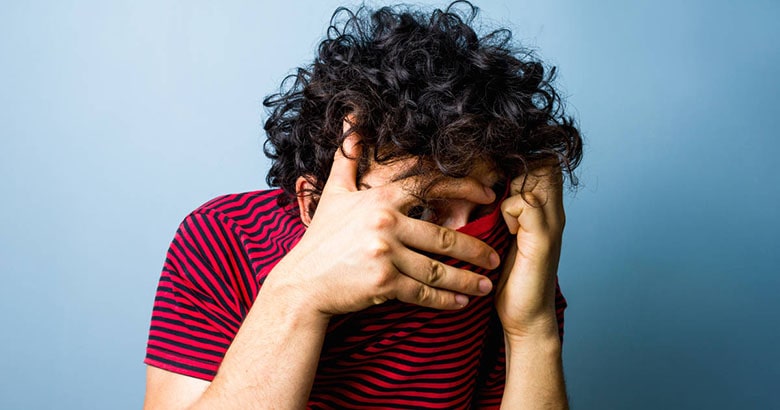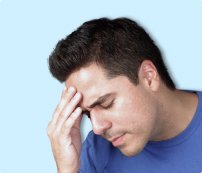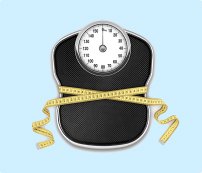
Sexual Health
1465 views
Sex Phobia – Symptoms, Causes And Treatment
Phobias affect all areas of life, even the most pleasant spheres. This is the case with sex phobia, but where does it come from? Sexophobia is categorized as a psychic disorder characterized by aversion towards the sexual sphere. It is not just a question of refusing to have relationships, but of shunning many aspects of sexuality.
Sex Phobia Symptoms:
- An excessive and uncontrolled negative emotional response to the source of the phobia itself,
- Uncontrolled thoughts that foment fear both at the sight of the stimulus, and only in case memories
- Behavior of refusal and avoidance of all places or people or situations that have to do with the source of the phobia.
Sexual phobia or sexuophobia is listed in the DSM-IV as a desire disorder; more specifically it is called sexual aversion disorder. The symptoms, previously described in a transversal way for the various phobias, here deal with the rejection of sexual desire, of erotic activities. The fear experienced is not addressed, but generally the person prefers to manage the situation by removal.
It must be said that in some cases the strategy, at least in appearance, seems functional, since the disorder can involve every aspect of sexuality (desire, activities, partners, etc.), only some or even focus on a single element.
As with any other form, sex phobia can have a “low tone” start and then grow into a vicious circle. The consequences of phobia can affect family, relationship and work life; subjects fail to build solid relationships and often over time the same relationship with the other sex is compromised by widening the consequences of the disorder beyond the purely sexual sphere.
Those who suffer from this disorder tend to associate sexuality with a sense of reprehensible disgust; it is not said that he is not able to have relationships, but surely he will not be able to enjoy them entirely. At the basis of sexual phobia there are thick childhood traumas linked to abuse, but it is possible that unrealistic expectations or guilt feelings associated with a negative view of sexuality that can be transmitted through education may also influence.
Oftentimes these states are accompanied by sexual dysfunctions, which in men translate into weak erections. Those can be helped by contemporary oral means of ED therapeuting, but the best results are always achieved with psychological therapy and oral medicating.
Sex Phobia Treatment
The disorder can only be dealt with effectively after having understood what the true origin is, but tends to involve sending it to a psychotherapist who deals in parallel with the deepening of the physiological aspects of sexuality and the emotional response. This is associated with a path that leads to a gradual exposure to the anxiety-inducing stimulus to learn to manage one’s own reaction and to control negative automatic thoughts.
Posted in Sexual Health
1465
































